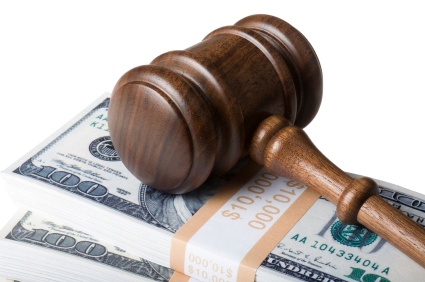Q: I am looking to buy a property for $500,000 in New York state using an FHA-backed mortgage. What would the difference in the mortgage rate and fees be if I was putting down 3.5 percent and I had a 620 credit score as opposed to a 720 credit score?
A: There is some good news for you; the FHA will not penalize your loan's interest rate based on a lower credit score.
Since FHA mortgage rates don't include the use of risk-based pricing models as Fannie Mae and Freddie Mac do, there is no premium added to the interest rate and no added fees if your credit score is only 620. You should see the same offer at FICO 720 as FICO 620, and HUD does not mandate any increase in fees, either.
Related: Learn how risks affect conventional mortgage rates and fees
That said, and even though the FHA program will accept borrowers with FICO scores as low as 580, lenders are afraid of introducing too many low credit borrowers into the FHA insurance pool since outsized losses could cost them their FHA eligibility. As such, lenders may use "add ons" (also called "overlays") or have a credit floor of 620 or even higher before they will consider your application.
One drawback of FHA-backed loans is that the mortgage insurance cannot be canceled for borrowers making less than a 10% down payment, and even then the MI cannot be canceled until after 11 years have passed.
You can learn more about FHA loans and calculate FHA vs. conventional loan costs using HSH's FHA calculator.
Note: Unless you are buying a home in Bronx, Queens, Kings, Manhattan, Richmond, Nassau, Dutchess, Putnam or Rockland counties, FHA maximum loan limits don't reach as high as $500,000 or even the $482,500 which would remain after a 3.5 percent down payment. If it's one of the above, $1,089,300 is the maximum. Otherwise, most areas of New York State don't climb above $472,030 for a single-family residence.



